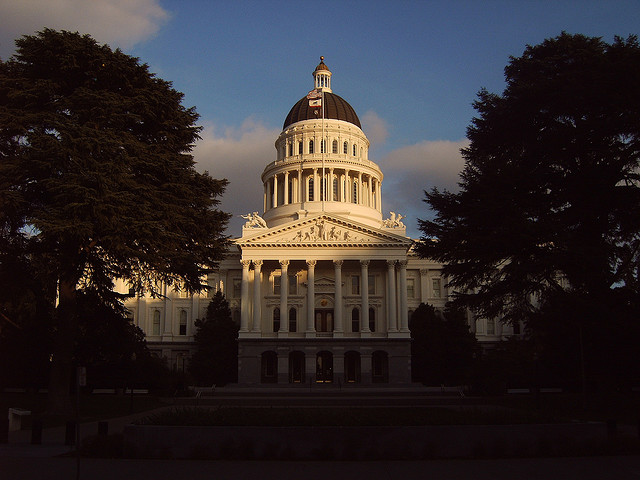Wednesday, January 9, marked the 60th birthday of the Ralph M. Brown Act. It was on that date in 1953 that then state Assemblyman Ralph Brown introduced his open meeting bill into the Legislature. Nine months later, Governor Earl Warren signed into law the legislation that would codify the public’s right to access the business of their leaders.
Everyone in public life in California knows of Ralph Brown, or his act – and many have likely offer the occasional curse to the law that has been grown and augmented throughout the years. The Brown Act has become a guide for how meetings should be run, communications should flow, and who and where public decisions are made.
Local Governments continue to demonstrate their commitment to honest and transparent governance by adhering to the Brown Act, despite its status being in doubt. The state constitution requires that local governments be reimbursed for costs associated with its mandates. Legally, if a mandate’s reimbursement costs aren’t funded, the mandate ceases to exist.
So last year, when the Governor cut funding for the Brown Act as a way to bring the state budget deficit under control, the Brown Act died at the age of 59.
But the provisions of the Brown Act are in fact in suspended animation.
To celebrate the 60th birthday, there could be no better present gifted than the full and immediate restoration funds for the Ralph M. Brown Act.
We’ve seen the first draft of the Governor’s budget, which was balanced with spending increases for the first time in recent history. State employees received raises that had been promised and deferred.
It’s time to make sure that openness and transparency at all levels of government continues and continues to be rewarded.





